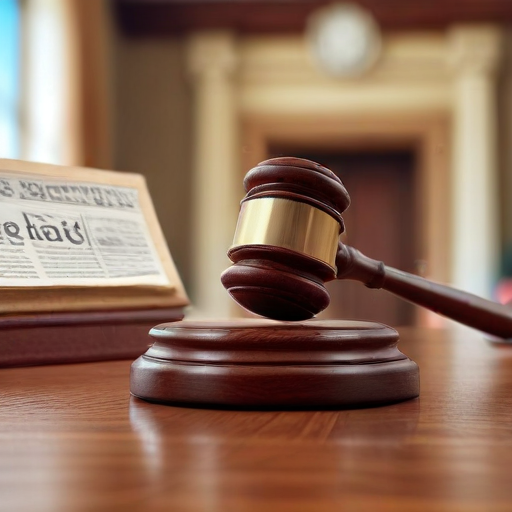French lawmakers have made history by voting to remove Prime Minister Michel Barnier after just 91 days in office, marking the first no-confidence vote that has toppled a government in France since 1962. The decision reflects significant discontent within the National Assembly, as legislators voted 331 in favor of the motion, easily surpassing the 288 votes required.
Barnier’s ousting represents a major setback for President Emmanuel Macron, who appointed him after snap elections resulted in a fragmented parliament with no single party holding a majority. Following the vote, Macron now faces the challenge of appointing a new prime minister and navigating the turbulent political landscape as the legislature is divided among three major factions: the far-right National Rally, the left-wing coalition New Popular Front, and Macron’s centrist group.
The recent turmoil was partially triggered by Barnier’s efforts to pass a 2025 national budget without securing legislative approval, which drew ire from members of opposing parties. Critics, including Marine Le Pen of the National Rally, lambasted Barnier for his handling of urgent issues such as rising crime and cost of living challenges, arguing that his budget lacked real solutions.
At 73, Barnier holds the record for the shortest-serving prime minister in modern French history and the distinction of being the oldest to hold the position. Prior to this role, he had a lengthy political career that included serving as France’s foreign minister and as the European Union’s chief Brexit negotiator.
With new elections not possible until next summer, the political landscape in France appears complex and uncertain. Barnier’s government needs to address pressing issues such as national debt and civil service payments in the interim.
As the situation unfolds, it will be essential for the next prime minister to build a coalition that can garner support across party lines, promoting stability in France’s economic and political climate. Adapting to the challenges ahead, there is hope that this shift in leadership could open fresh avenues for dialogue and cooperation, ultimately leading to more effective governance.
This story will continue to develop as new information comes to light.
